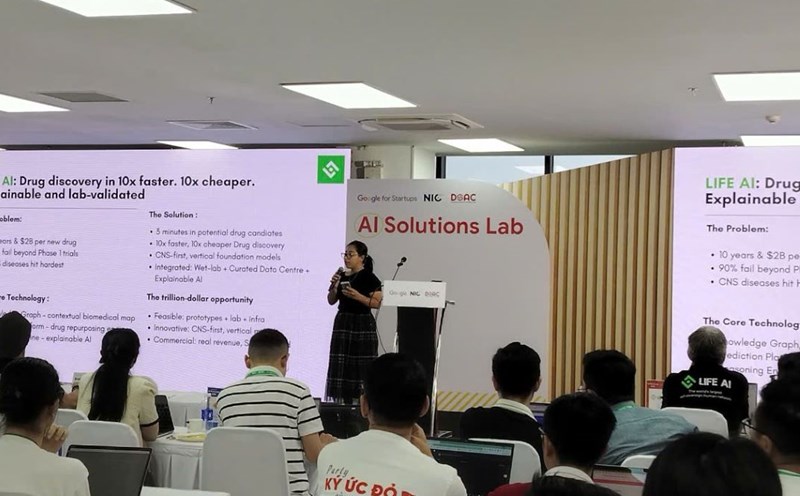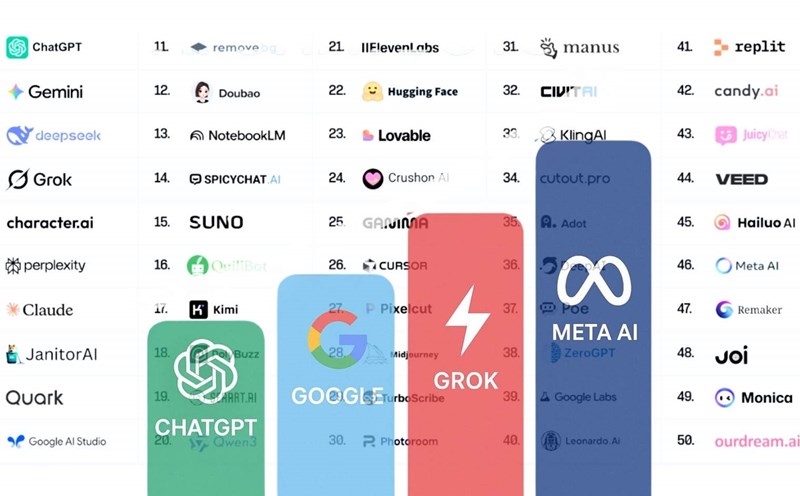Recently, a judge in Washington ruled that Google would not have to sell the Chrome browser. This is considered a rare victory for major technology companies in the fight against US antitrust enforcement agencies.
However, the ruling also requires Google to share data with competitors to open up competition in online search.
Federal Judge - Amit Mehta also ruled that Google could keep the Android operating system. Along with Chrome, Android is a tool to help promote the online advertising business that is dominating Google's market.
It can be seen that while sharing data with competitors will strengthen Google's advertising business, not having to sell Chrome or Android has removed a major concern for investors as they see this as an important piece in Google's overall business operations.
Alphabet's shares - Google's parent company - increased by 7.2% in the after-hours trading session on September 2, as investors were excited by the judge's ruling.
It is known that this ruling is also a relief for Apple and other device manufacturers and web browsers. Judge Mehta said they could continue to receive payment sharing from Google for searches on their devices.
Previously, antitrust agencies said that the lumpy payments had eliminated competitors in the search field. Morgan Stanley analysts said last year that Google has paid Apple $20 billion a year.
Google is also facing a major threat from increasingly popular AI tools, which have begun to erode Google's dominance in recent times. If they are allowed to access data that Google is required to share, AI companies can promote the development of their own chatbots, and in some cases, AI-powered search engines and web browsers.
In a recent announcement, Google expressed concern that sharing data will affect users and their privacy, so the company is carefully reviewing this ruling.
The ruling is the result of a five-year legal battle between one of the world's most profitable companies and the US government, where lawmakers and antitrust managers have long questioned the market dominance of major technology companies.











